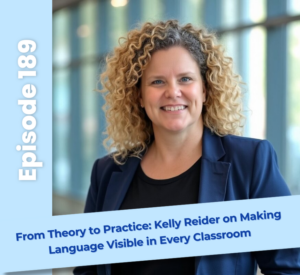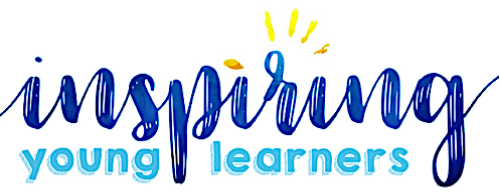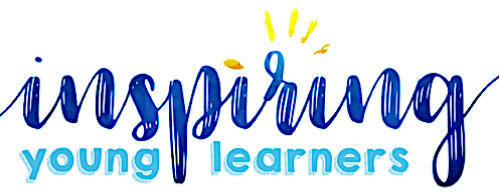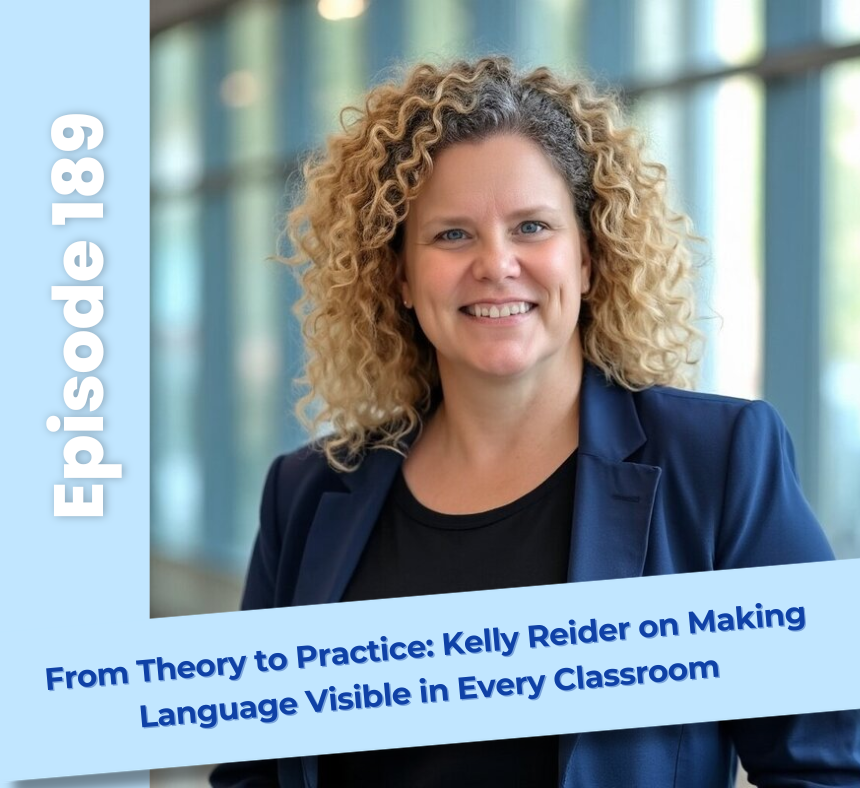
What Is Functional Language Planning?
“It’s about identifying the language students need to show what they know, participate in discussion, and succeed with content,” Kelly explains.
Why It Matters for Teachers and Students
- Aligns with content no matter the subject or curriculum
- Encourages explicit modeling of target language structures
- Promotes student interaction and talk time
- Supports flexible, responsive instruction without overwhelming teachers
Key Principles Behind the Method
- Language is functional—used to achieve something.
- Context drives language—not a grammar calendar.
- Language use is broad, so we focus on meaning-making, not just form.
- Grammar is a tool, not the goal.
- Language must be used to be learned—explicit instruction + use = growth.
Starting With Simple, Impactful Tools
Real Results From Real Classrooms
“Give them just a few models and some time to practice, and they’ll blow you away,” Kelly says. “They already know the content—they just need the language to show it.”
Learn More with Kelly Reider
Resources:
Connect with Beth:
More about Equipping ELLs:
We all know that teaching isn’t easy, but it doesn’t have to be this hard. Equipping ELLs is a podcast for both ESL specialists and homeroom teachers who are looking for effective and engaging ways to support their English Language Learners without adding to their endless to-do list. Tune in each week to hear tips, strategies, and inspirational stories that will empower you to better reach your ELL students, equip them with life-long skills, and strengthen relationships with colleagues and parents.
Your host, Beth Vaucher, is the founder of Inspiring Young Learners. She is an ESL certified homeroom teacher with over 10 years of experience teaching in the US and internationally. Her background of M.Ed in ESL and Curriculum and Instruction combined with her experience has led her to develop a bestselling newcomer curriculum that has sold in over 90 countries around the globe. She brings a different perspective to teaching ELLs from her years teaching and living abroad and working with ELLs from around the world. You will walk away from each episode with the ideas and tools you need to transform your experience as a teacher and cultivate a thriving and welcoming environment for your ELL students.



